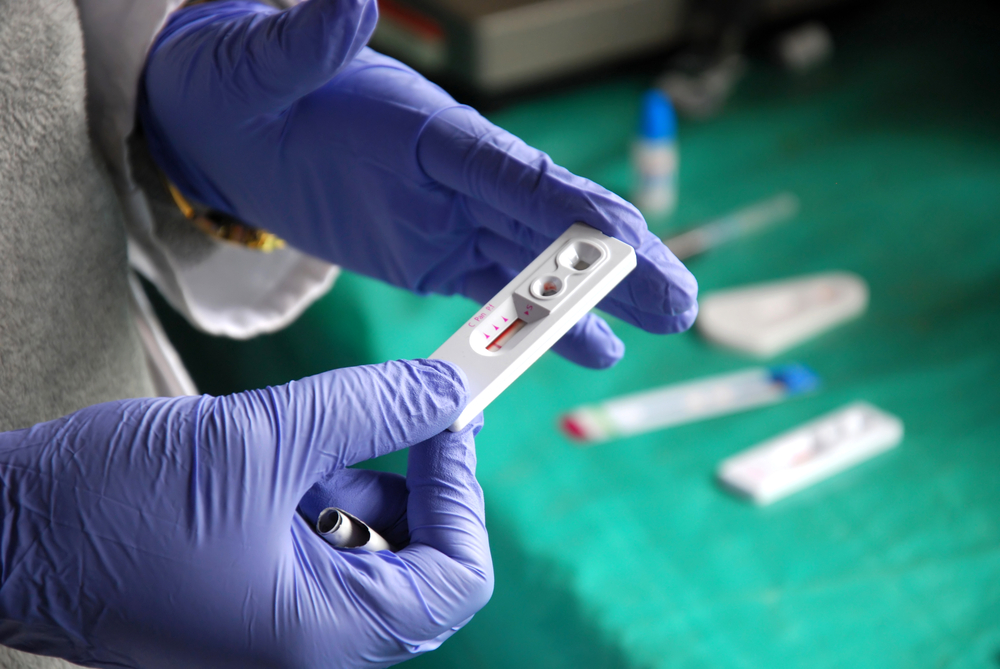How Do I Start PrEP?

Pre-exposure prophylaxis (PrEP) is a groundbreaking strategy in the fight against HIV/AIDS, offering a significant protective measure for individuals at high risk of infection. This medical approach, which involves the regular intake of antiretroviral medication, has been hailed as a cornerstone in HIV prevention efforts, reshaping public health strategies and offering hope to countless individuals worldwide.
Understanding PrEP
Pre-exposure prophylaxis, commonly referred to as PrEP, is a preventive method for people who are HIV-negative but at high risk of contracting the virus. It involves taking a daily pill or injections every 2 months. Both forms of PrEP contain antiretroviral drugs. These drugs work by inhibiting the virus’s ability to replicate in the body, thus preventing HIV infection even after exposure.

The Effectiveness of PrEP
Numerous studies have demonstrated the high efficacy of PrEP in preventing HIV transmission when taken consistently. The Centers for Disease Control and Prevention (CDC) states that PrEP reduces the risk of getting HIV from sex by about 99% when taken as prescribed. For those who inject drugs, PrEP reduces the risk of getting HIV by at least 74% when taken consistently.
Who Should Consider PrEP?
PrEP is recommended for individuals who are at substantial risk of HIV infection. This includes but is not limited to:
- Men who have sex with men (MSM) and have had anal sex without a condom or been diagnosed with a sexually transmitted infection (STI) in the past six months.
- Heterosexual men and women who do not regularly use condoms with partners known to be at risk for HIV (such as injecting drug users or bisexual men).
- People who inject drugs and share needles or other injection equipment.
- Individuals with an HIV-positive partner, especially if the partner has an unknown or detectable viral load.
Access and Adherence
Access to PrEP is critical, and various healthcare systems worldwide have taken steps to increase its availability. However, challenges remain, including awareness, cost, and healthcare disparities. Adherence to the medication is crucial for its effectiveness; missing doses can significantly reduce PrEP’s protective benefits.

PrEP and Overall HIV Prevention Strategy
While PrEP is highly effective in preventing HIV, it is most effective when combined with other prevention methods, such as condom use, regular HIV testing, and treatment for STIs. PrEP does not protect against other STIs or unwanted pregnancies, so additional protective measures are necessary. Telehealth allows patients to access providers fluent in prescribing PrEP.

The Emergence of Apretude
Apretude (cabotegravir extended-release injectable suspension) is designed for individuals who are at risk of HIV but prefer an option other than daily pills. This long-acting injectable is administered initially as two injections one month apart, followed by subsequent injections every two months. This innovative approach addresses some of the challenges associated with daily oral PrEP, such as pill fatigue and the difficulty some individuals have in maintaining a daily medication regimen.
Efficacy and Safety
Clinical trials have demonstrated Apretude’s efficacy in reducing the risk of HIV acquisition. Studies show that Apretude is as effective as daily oral PrEP when administered correctly. The side effects of Apretude are generally mild to moderate and may include injection site reactions, headache, fever, fatigue, and muscle pain. However, the benefits of Apretude in preventing HIV infection significantly outweigh these potential side effects for those at high risk.
Advantages Over Daily Oral PrEP
The most significant advantage of Apretude over daily oral PrEP is the reduced need for daily medication adherence. This can significantly benefit individuals with difficulty adhering to a daily regimen due to lifestyle, privacy concerns, or medication fatigue. Furthermore, Apretude provides a discreet HIV prevention method, which can be particularly beneficial for individuals who wish to keep their PrEP usage private.

Implementation and Access
The introduction of Apretude into HIV prevention strategies requires healthcare systems to adapt to the logistical challenges of delivering injectable medication. This includes ensuring that healthcare providers are trained in administering the injections and that there are systems in place to remind individuals of their upcoming doses to maintain the medication’s efficacy.
Access to Apretude is expanding, including mobile injectable services. However, cost and insurance coverage can be barriers. Advocacy for broader coverage and access is ongoing, aiming to ensure that all individuals at risk for HIV, regardless of their economic status, can benefit from this prevention method.
The Future of PrEP
Ongoing research aims to expand PrEP options, including long-acting injectables and other formulations, to improve convenience and adherence. These innovations promise to make HIV prevention more accessible and tailored to individual needs and lifestyles. Concierge medicine increases access to these medications through tailored plans and personalized health care. In Denver mobile injectable PrEP is available through Mobile Care Health, with multistate coverage of oral PrEP.
Conclusion
PrEP represents a significant advancement in HIV prevention, offering an effective tool for individuals at high risk of infection. By increasing awareness, improving access, and ensuring adherence, PrEP can play a pivotal role in global efforts to combat the spread of HIV and move closer to the goal of ending the AIDS epidemic. As research continues and new prevention methods are developed, the hope is that PrEP will become an even more integral part of comprehensive HIV prevention strategies.



